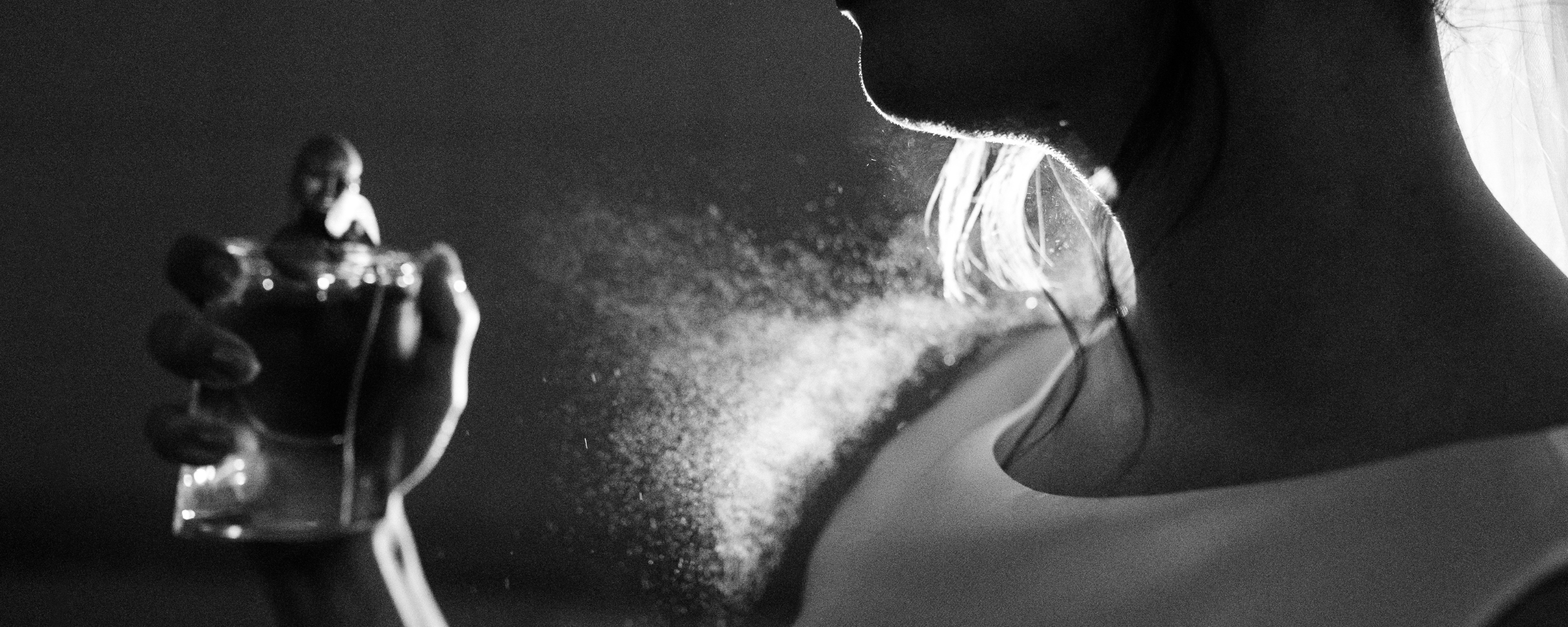Why Does Perfume Fade So Fast? The Science Behind Your Favorite Scents
It’s happened to all of us. You spritz on your favorite fragrance in the morning, feeling its fresh, vibrant notes wrap around you, only to notice by midday that it's barely there. So, why does perfume seem to fade so quickly? Understanding why this happens isn’t just a matter of feeling disappointed – it’s about diving into the science of fragrance and how it interacts with your body, the environment, and even the perfume itself.
The Structure of Fragrance: A Delicate Balance
Perfume is a complex blend of top, middle, and base notes – each contributing to the overall scent profile. Top notes are the first to greet your senses, offering a burst of freshness and clarity. These are typically composed of light, volatile molecules that evaporate quickly. Middle notes, or heart notes, form the essence of the fragrance and last longer, but are still prone to fading within a few hours. Finally, base notes are the heavy, rich elements that provide depth and longevity to a fragrance, though even they can lose their impact over time.
The fast-fading top notes are often the culprit. They’re designed to evaporate quickly to create an initial impression, but that means they don't stick around. It's why, after an hour or so, that fresh citrus or floral top note begins to dissipate. What’s left behind? The heart and base notes, which generally last longer but may not be as immediately noticeable.
The Role of Evaporation and Your Skin
Perfume works by evaporating from the surface of your skin into the air, where your nose detects the scent molecules. The rate at which this happens depends on a number of factors, but skin temperature is one of the most influential. If your skin is warm, the molecules evaporate faster, causing the scent to diffuse more quickly. Conversely, cooler skin can prolong the longevity of fragrance. This explains why perfume might last longer on some people than others – body temperature, along with skin type, plays a key role. Oilier skin tends to retain fragrance better because the oils help hold the scent molecules longer, whereas dry skin doesn’t hold perfume as effectively, resulting in quicker evaporation.
Environmental Factors: Air, Humidity, and Temperature
Beyond your skin, the environment plays a huge role in how long a fragrance lasts. Heat and humidity can speed up the evaporation process. This means that on a hot day or in a steamy environment (hello, shower), your perfume might not stand a chance. Similarly, air pressure – which can fluctuate based on altitude – can also affect the volatility of fragrance molecules, leading to faster evaporation in certain conditions.
Additionally, exposure to sunlight can break down the chemical components of the perfume, particularly in natural or citrus-based fragrances, causing them to fade quicker. Storing perfume in a cool, dark place can help preserve its integrity for longer periods.
The Formula of the Fragrance
Not all perfumes are created equal. The concentration of fragrance oils in a scent determines how long it will last. Eau de toilette (EDT) tends to have a lighter concentration of perfume oils, making it more volatile and prone to fading. On the other hand, eau de parfum (EDP), or pure parfum, has a higher concentration of oils, which means it will linger for hours – sometimes even days – after application.
The choice of ingredients also matters. Synthetic materials, like musks and aldehydes, tend to last longer than more delicate natural notes, like jasmine or bergamot. This is why some fragrances might appear to "disappear" faster, especially if they are heavily reliant on volatile, natural ingredients.
How to Make Your Scent Last Longer
Understanding why perfume fades is only part of the equation. The real question is: how can you make it last longer?
Perfume Primers: Similar to how a makeup primer helps foundation adhere better and last longer, a perfume primer works by creating a smooth, even base on your skin that locks in fragrance. These products often contain ingredients that prep the skin, making it more receptive to absorbing the scent. By using a primer, like the By Zero Infinity Perfume Primer, before applying your fragrance, you're giving it a longer-lasting foundation, which helps it stay vibrant throughout the day.
Pulse Points: Apply perfume to pulse points – areas where blood vessels are close to the skin’s surface, like your wrists, neck, and behind your ears. These areas emit heat, which helps diffuse the fragrance. Cool skin is also helpful. When you apply perfume to cooler areas of the body, the fragrance tends to linger longer because these spots have less heat to help the scent evaporate and diffuse quickly. The cooler the area, the slower the fragrance diffusion, which can help create a long-lasting effect.
Fragrance Selection: Choose perfumes with heavier base notes like amber, sandalwood, or musk, which naturally last longer.
Storage: Keep your fragrance away from heat, light, and humidity. Storing it in a cool, dry place (like a drawer or box) ensures its longevity.
The Bottom Line
Fragrance fading quickly is a natural result of the way scent molecules work, interacting with both your skin and the environment. While it can be frustrating, understanding the science behind it allows you to take practical steps to make the most of your perfume. Whether it’s using a perfume primer or adjusting how and where you apply your fragrance, you have the power to optimise its longevity and enjoy its scent for longer.
In the end, perfume is about creating moments, and those fleeting moments can be made all the more memorable by knowing how to make your scent last just a little bit longer.

